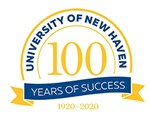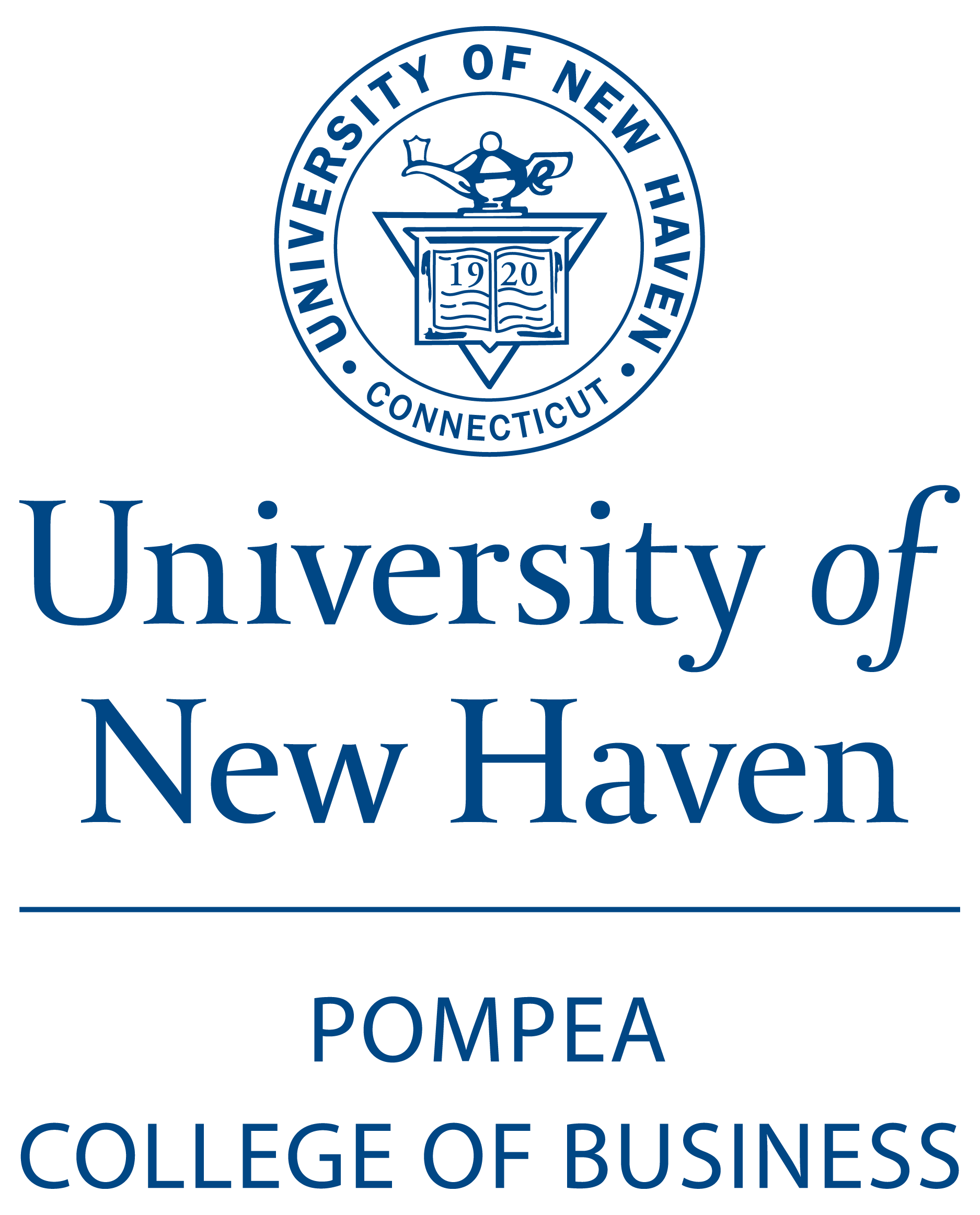American Business Review (ABR) is a leading academic business journal with a global audience of businesses, business faculty, and business students. Manuscripts published can be from any discipline or multidisciplinary as long as the ABR audience takeaways are addressed.
The American Business Review (ABR) is published by the Pompea College of Business, University of New Haven, CT- USA. ABR is an open-access journal that is hosted on the BE Press/Elsevier Digital Commons publishing platform at the University of New Haven. See Our Story.
CALL FOR PAPERS
American Business Review (ABR) is now accepting manuscripts that speak to the ABR Aims and scope. We welcome submissions from Author/s and invite you to follow the Author Guidelines.
The contact details of the American Business Review are:
The Editors
American Business Review
Pompea College of Business
University of New Haven
300 Boston Post Road
West Haven, Connecticut
CT 06516, USA Email: ABR@newhaven.edu
Email communication is preferred, but if necessary please feel free to call and leave a message for the Editor at 1-203-932 7487 or Co-Editor at 1-203-932 7370. The editors are committed to responding to author/reviewer questions in 48 hours.
For accepted papers only please contact Ms. Amber Montano, Production Coordinator, ABR at amontano@newhaven.edu
See the Aims and Scope for a complete coverage of the journal.
Current Issue: Volume 28, Number 2 (November 2025)
Articles
Implementing Responsible Artificial Intelligence in Marketing
V. Kumar, Ashutosh Dixit, Priyanka Sharma, and Sudipendra Nath Roy
Finding Courage in Psychologically Unsafe Environments: The Impact of Trait Social Courage and Voice on Leadership Emergence
Allona S. Murry, Rebecca L. Badawy, Robyn L. Brouer, and Matt C. Howard
The Impact of Economic Sanctions and War-Related Uncertainty on Oil Market Volatility: Evidence from the Russia-Ukraine War
Imlak Shaikh, Leena Ajit Kaushal, and Priyanka Vallabh
Risk Beyond Borders: How Exporters Navigate Background Risks in a Volatile Trade Landscape
Soumyatanu Mukherjee
The Influence of National Culture on Corporate Policy: Evidence from the Payment Method in International Mergers
Yogesh Chauhan, Chinmay Ghosh, Manju Jaiswal, and Zizheng Zhao
Leave Them to Their Own Devices: When Employee Informal Power in Strategically Core Roles Enhances Organizational Performance
Alexandru Roman
Do Investors Price Classification Shifting? An Indian Evidence
Manish Bansal and Asgar Ali
Is There Any Interactive Effect Between Competition and Risk Networks? Evidence from the Indian Banking System
Abhishek Poddar and Arun Misra
Performance of Arbitrage Mutual Funds: Risk, Fund Size and Market Sentiments – Evidence from India
DMV Lakshmi Velagala, Satish Kumar, and Kali Charan Sabat
The Relationship Between Forecast Information Quality and Perfect Order Index in Supply Chains: The Role of Preventive and Corrective Inventory Actions
Hanin Haifa, Prashanth Nagendra Bharadwaj, and Ramesh G. Soni
In Companies We Trust: Cheap Talk or Genuine Virtue?
Bishal BC and Thuy Simpson
Does Higher Minimum Wage Discourage College Enrollment? A Cross-State Empirical Study of the United States
Arindam Mandal, Sumant Rai, and Elias K. Shukralla
Efficiency of Liberal Arts Colleges: A DEA Analysis of Non-Elite LACs
Joshua C. Hall, Joylynn Pruitt, and Daniel Bonneau
Impact of Resilience on Emotional Intelligence & Burnout Among Academicians: A Mediation Study
Shwati Sudha, Shrejal Kumari, and Govind Swaroop Pathak
Sharing Leadership in the Context of Socioeconomic Diversity: Combining Shared Leadership and Socioeconomic Diversity for the Greater Good
Rebekah Dibble and Carlos S. Baradello



